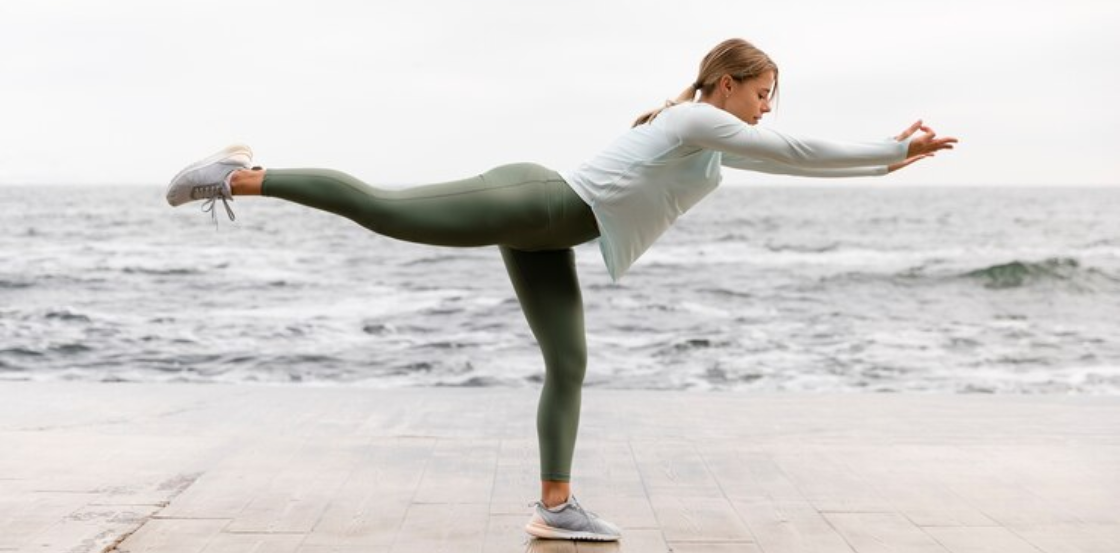Post link copied to clipboard!

The importance of exercise in women is an underestimated factor. It’s not just about maintaining an attractive physique; it is a cornerstone of overall well-being.
In this comprehensive guide, let’s discover the importance of exercise in women’s health. We’ll draw upon the expertise of the best gynaecologists and private gynaecologists in the UK, providing you with valuable insights and actionable advice.
Women’s reproductive health is linked with their overall well-being. If you perform regular physical activity, it can positively impact your menstrual regularity and reduce the risk of polycystic ovary syndrome (PCOS). Leading gynaecologists in London recommend exercise as a natural way to support reproductive health.
Exercise plays a pivotal role in maintaining hormonal balance. It can help regulate oestrogen levels, reducing the risk of conditions like breast cancer. It underscores the importance of exercise for women of all ages.
Osteoporosis is a common concern for women as they age. Weight-bearing exercises, such as walking and strength training, can significantly enhance bone density and reduce the risk of fractures. Our best gynaecologists emphasise that women should include weight-bearing exercises in their routines.
Engaging in aerobic exercises, like swimming or running, can strengthen the heart and lower the risk of heart disease. Our private gynaecologists in the UK recommend at least 150 minutes of moderate-intensity aerobic activity per week.
Exercise isn’t just about physical health; it affects mental well-being also. Regular physical activity can alleviate symptoms of depression and anxiety, boost self-esteem, and enhance overall quality of life.
The importance of exercise in women plays a crucial role in maintaining overall health and well-being, especially as they navigate various stages of life.
It is a common misconception. Women lack the testosterone levels needed to develop bulky muscles like men. In reality, lifting weights helps build lean muscle mass, increasing metabolism and weight management.
Contrary to popular belief, exercise doesn’t have to be high-intensity to be effective. Low-impact activities like yoga and walking offer numerous health benefits, including improved flexibility, reduced stress, and better sleep.
While some discomfort is typical during exercise, pain is not. Pain can be a sign of overexertion or an underlying issue. It’s quintessential to listen to your body and consult with a gynaecologist or fitness expert if you experience persistent pain.
We’ve consulted with the best gynaecologists in London for their expert recommendations on exercise in women’s health:
In final words, the importance of exercise in women’s health cannot be overstated. It impacts reproductive health, hormonal balance, bone density, cardiovascular health, and mental well-being. Dispelling common exercise myths and following expert recommendations is essential to reach the full benefits of physical activity. Remember to consult with gynaecologists for personalised advice, stay consistent, and listen to your body. By prioritising exercise, women can lead healthier, more fulfilling lives.
Yes, exercise can alleviate menstrual cramps by increasing blood flow and reducing muscle tension. Gentle exercises like yoga and walking are particularly helpful.
Exercise during pregnancy is safe and healthy. However, consult your gynaecologist for personalised guidance and avoid high-impact or risky activities.
Postmenopausal women should aim for at least 150 minutes of moderate-intensity aerobic activity per week, along with strength training exercises.
While exercise alone cannot guarantee prevention, it can reduce the risk of breast cancer by helping to maintain a healthy weight and hormonal balance.
Yes, pelvic floor exercises, like Kegels, can help strengthen the pelvic muscles and prevent issues like urinary incontinence.